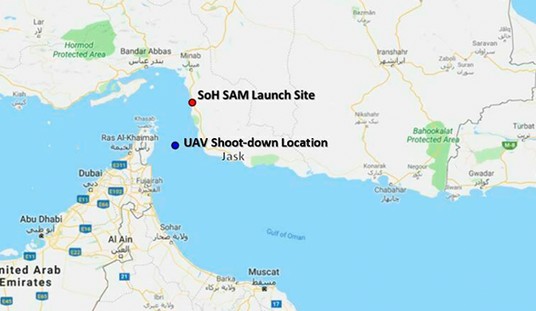With all of the attention focused on Barack Obama’s plans to use military strikes to hasten regime change in a country with al-Qaeda-affiliated terrorist networks operating on a large scale, let’s not forget the last time this strategy was put in place. A year ago tomorrow, terrorists sacked our consulate in Benghazi and killed four Americans, including our Ambassador to Libya. Despite claims that the Obama administration would seek out the culprits, the New York Times reports that the successor government in Libya has refused to cooperate with the US on making arrests:
A year after the attacks in Benghazi that killed the United States ambassador to Libya and three other Americans, the Justice Department has indicted suspects. Intelligence officials have a general idea of where they are hiding. And the military has a contingency plan to snatch them if that becomes necessary.
But the fledgling Libyan government, which has little to no control over significant parts of the country, like Benghazi and eastern Libya, has rebuffed the Obama administration’s efforts to arrest the suspects.
President Obama promised the day after the Sept. 11, 2012, attacks to bring the killers to justice, and the fact that this has not happened has led Congressional Republicans to renew their criticism of the administration for its handling of the Benghazi episode as officials have made the case that Congress should authorize a military strike against Syria.
“You cannot have an attack on the mission, 12 months later identified a good number of the participants, and have absolutely no consequences for the taking of American lives,” Representative Mike Rogers of Michigan, who leads the House Intelligence Committee, said in an interview.
To be fair, the Libyan government doesn’t have control over almost all of the country. This spring, they couldn’t even clear the street in front of their own Defense Ministry in their capital, Tripoli, of the militias and terrorist networks that blockaded them to force a change in policy and government. The Libyan government has no power to do what the US wants, and the US apparently has no will to deal with the situation ourselves.
The White House owes the American people an explanation for this failure, but then again, they still owe us a full accounting of the failures from a year ago in Benghazi, too. The Guardian in the UK finds that the official story from the administration doesn’t fit the facts on the ground, and wonders why Americans aren’t demanding more accountability:
The attack on the US consulate in Benghazi was striking for a number of reasons: the date, 11 September, the toll – four diplomats killed, including an ambassador – and the knock-on effects on the careers of senior American politicians.
But what is perhaps most striking is the inconsistencies: the US version of events compared with those of witnesses and the facts on the ground. The two do not tally. And so, a year later, there remain pressing questions about what happened that night – and what the Americans say happened. …
One year after the killings, no suspects have appeared in court, either in Libya or in the US. Until that happens, and until the gap between claims made in the US and reality on the ground is explained, the American public will remain in the dark about the events of 11 September 2012 in Benghazi.
But hey, let’s do to Syria what we did to Libya, because it worked so awfully well the first time!








Join the conversation as a VIP Member